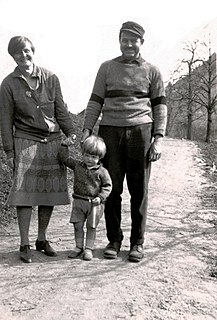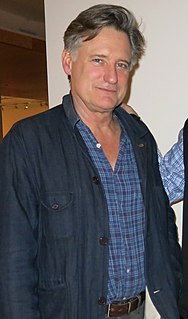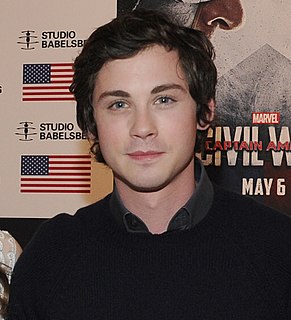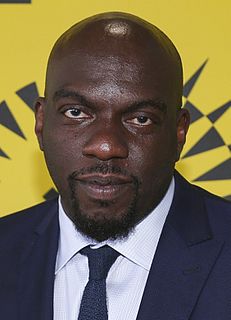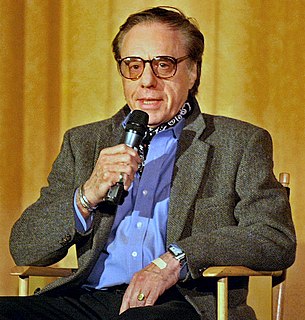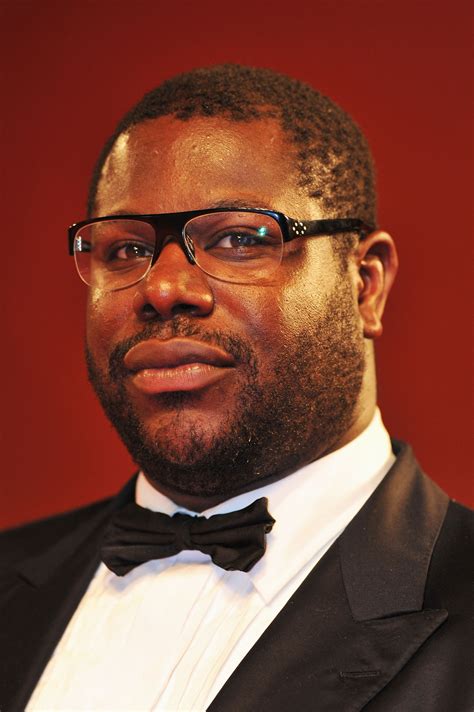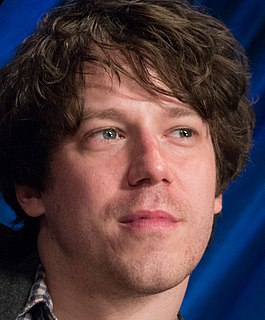A Quote by Keith Carradine
I think that the film ["Jim Younger"] still resonates, because there's just something that you can't fake about those kinds of relationships. When you see James and Stacy Keach on the screen together, they're brothers!
Related Quotes
Angeline's been hanging out with that dhampir. I just saw them walking off together. Is something going on with them?" "Which dhampir?" I asked. "The one with the fake British accent." "I don't think it's fake." "Well, whatever." Even I could read the jealousy in Trey's features. "What's up with them?" "Pretty sure there's nothing." "Then why are they always together?" Because she's trying to get over you, I thought.
I work with a group of actors, and whenever one of us has an audition, we all get together, and we all work together on it. I think it takes us back to our film school days, our drama school days, us just working together and figuring it out because somebody else is going to see something in the material that you won't see.
When you think of sexual liberation, which women wanted to have or not have children, which is the choice, not a command, and other kinds of things they wanted in their relationships with their husbands, or partners or what have you, became for subsequent generations some license that they themselves feel, that is absolutely demeaning and mean younger and younger and younger.
I think one of the reasons younger people don't like older films, films made say before the '60s, is that they've never seen them on a big screen, ever. If you don't see a film on a big screen, you haven't really seen it. You've seen a version of it, but you haven't seen it. That's my feeling, but I'm old-fashioned.
If you take 'Agni Natchathiram,' it is about two half-brothers and their emotions and those are genuine, which can be made into a very hard-hitting film just that it can be presented in an entertaining fashion. Similarly with 'OK Kanmani,' it is a genuine film; it is not a flippant film just for commercial purposes.
There's a screen direction in the script for the pilot where it says, 'Jim Harper, mid-20s, enters,' and it said something to the effect of: 'He's confident without being cocky. He has no idea that he could be considered attractive, because he saw All The President's Men when he was thirteen and never looked up.' It was just a great little gem of a screen direction, and I felt immediately from just that, that I had a good idea of how to play this guy.

